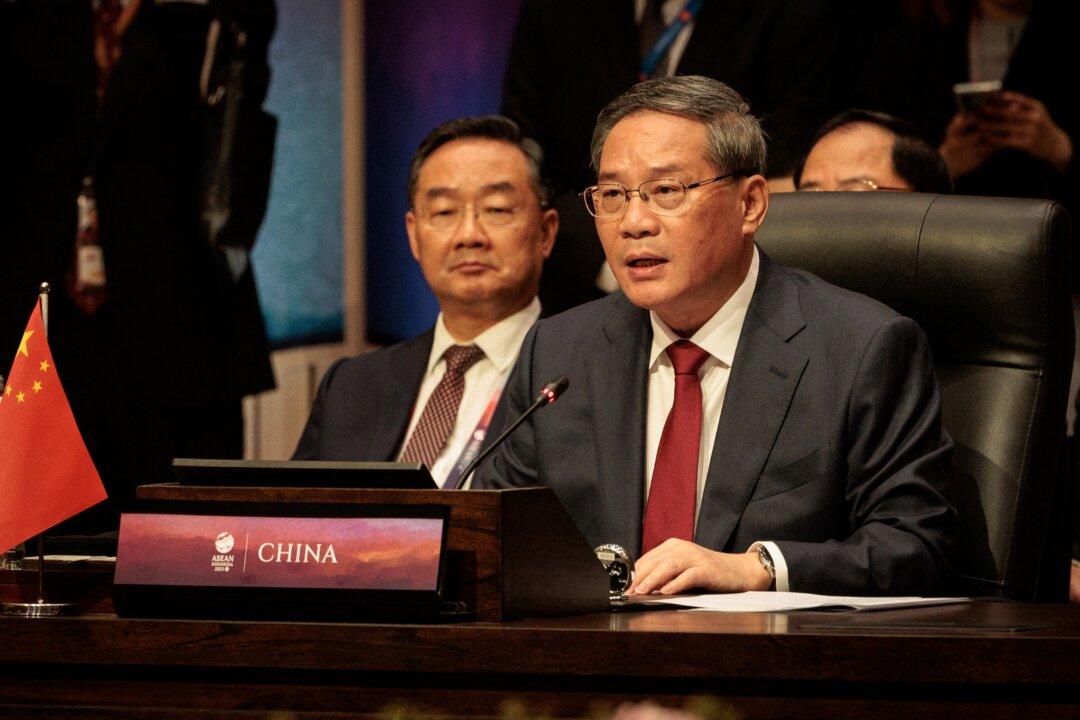Commentary
We might be witnessing the most challenging and tumultuous period for the Chinese Communist Party (CCP) since it came to power, with leadership succession becoming a pressing topic.

We might be witnessing the most challenging and tumultuous period for the Chinese Communist Party (CCP) since it came to power, with leadership succession becoming a pressing topic.